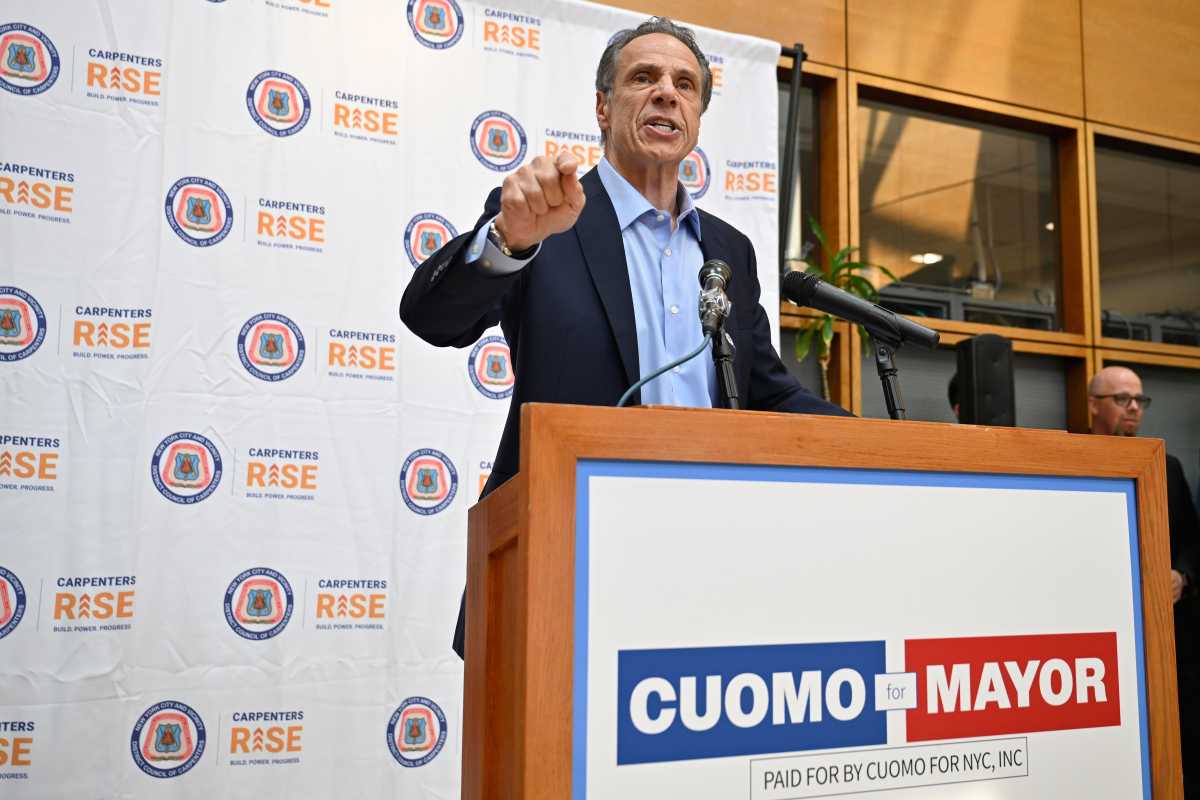It’s a silent killer that’s always on the prowl, yet suicide remains one of the least discussed topics of our time, only to momentarily resurrect itself from the tomb after a celebrity commits the deadly act.
May is National Suicide Prevention month, but that didn’t stop Mary Richardson Kennedy, the estranged wife of Robert Kennedy Jr., from hanging herself on May 16. Nor did it prevent Florida mom Tonya Thomas from killing her four children and herself the day before. Or New Hampshire cop Gary Norton from ending his life with a self-inflicted gunshot wound two days later. Or Gary Zalevsky from committing a murder-suicide the week before in the lobby of a Queens hotel. Or ex-New England Patriots linebacker Junior Seau from crossing over to the point of no return at the beginning of the month.
Men, women, and children have been taking their own lives ever since they were first able to experience feelings of sorrow. For about as long, philosophers, psychiatrists, and behavioral experts have been trying to figure out a way to stop them. Today, we’re none the wiser about this dirtiest of our laundries, even though a suicide attempt happens every minute of every day, and someone dies by suicide every 16 minutes in the U.S. according to the National Center for Health Statistics.
Suicide wasn’t always a cultural taboo: the ancient Egyptians didn’t consider self-murder an abuse of the spiritual or legal code, but simply a way to end their unbearable suffering. Talk first surfaced about its morality when Socrates philosophized that humans were the property of the gods and didn’t have the right to take their own lives — a debate that would travel through the ages after he was forced to commit suicide for being impious.
Mere mention of the word “suicide” is enough to grip the heart. That’s because other fatalities are more justifiable for they aren’t self-inflicted. The person killed by a stray bullet is in the wrong place at the wrong time, and the chronically ill patient is destined to die, making their deaths unfortunate yet reconcilable. But anyone touched by the suicide of a loved one knows only too well the horror involved. Shock, anguish, anger, sadness, and regret are assailed by towering waves of self-doubt: “How could I have not seen this coming?” “What could I have done to prevent it?” “Why?”
The good news is that New York City has a confidential, suicide prevention hotline manned by volunteer “befrienders” trained in proven listening and crisis intervention strategies. The Samaritans of New York, an offshoot of the British suicide prevention support network, provides a sympathetic ear to the troubles of strangers, 24 hours a day, 365 days a year. As a former befriender, I have experienced first-hand the torment of callers unable or unwilling to transcend a potentially fatal moment — that sordid speck of time when helplessness and desperation conspire to overthrow a life.
More than 30 years ago, a national awareness and prevention campaign was launched about another unmentionable threat of our time — AIDS. Suicide requires like-minded focus because it’s a grim fact of life, not just a skeleton in our closets to be aired once in a while.
The Samaritans of New York, (212) 673–3000, www.samaritansnyc.org.
Shavana Abruzzo's column appears every Friday on BrooklynDaily.com. She can be reached at sabruzzo@cnglocal.com.
























